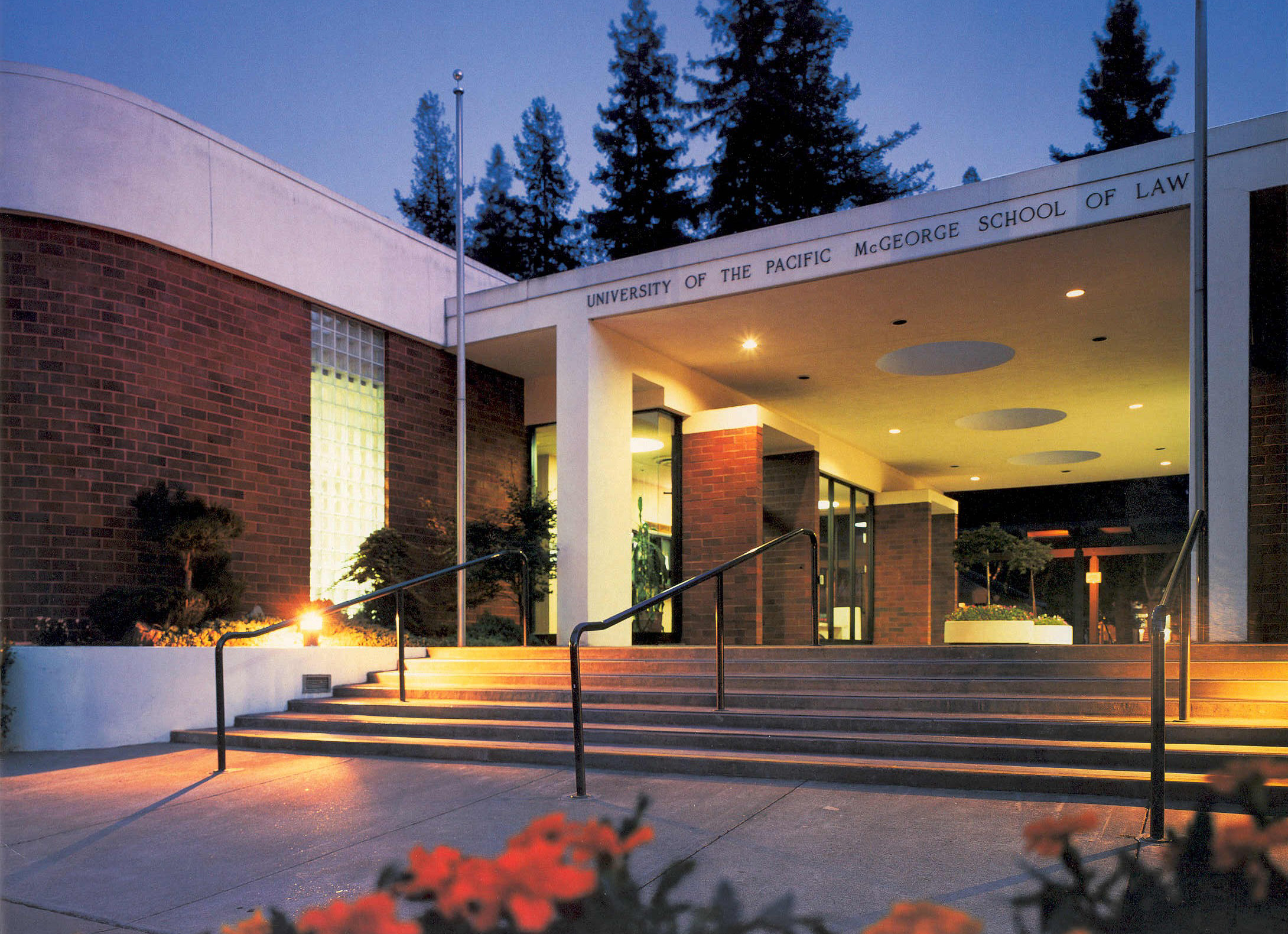
The Distributive Politics of the New Federal System: Who Wins? Who Loses?
Files
Description
When the United States' founding fathers set up a federal system of government, they asked a question that has never been satisfactorily settled: How much governmental authority belongs to the states, and how much to the national government? In an atmosphere of changing priorities and power bases, the Committee on National Urban Policy convened a symposium to address this division. The symposium examined the "New Federalism" as it relates to the Supreme Court, urban development, taxpayers, job training, and related topics. "Throughout the symposium the future evolution of the American federal system was debated," says the book's summary. "Yet whatever new idea or theory emerges, it is likely to continue to include the inevitable conflict between the allegiance to a national government and the respect for state and local loyalties."
ISBN
978-0309035910
Editor(s)
Charles R. Warren
First page
127
Last page
162
Publication Date
1-1-1985
Publisher
National Academy Press
City
Washington, D.C.
Disciplines
Law
Recommended Citation
John J. Kirlin & Dale R. Marshall,
The Distributive Politics of the New Federal System: Who Wins? Who Loses?,
in Urban Policy in a Changing Federal System
127
(Charles R. Warren eds., 1985).
Available at:
https://scholarlycommons.pacific.edu/facultybooks/109



